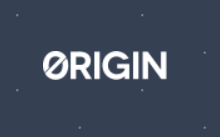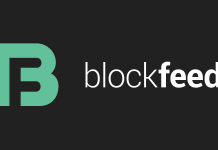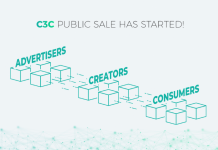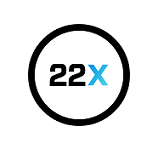- This is not financial advice this is our opinion.
- Investitin.com staff are not financial advisors.
- This is not a buy, sell or hold recommendation.
- Do your own research before you invest in anything including this project.
- This article/interview is not a suggestion or an endorsement of this ICO.
- This article/interview has been published for free and has not been commissioned by anyone.
- Investitin.com staff will not participate in this ICO, although this should not be taken as a recommendation to participate or not.
- Your capital as at extreme risk and you can lose it all when investing in ICOs and cryptos.
- Investitin.com does not have the resources, the means or the expertise to verify if the information below is correct.
- Please discuss this with your local financial advisor before you invest.
Interview with Coleman Maher business development managment at Origin.
Can you introduce yourself and your role in the Origin Protocol?
Hey, I’m Coleman and I do partnerships and business development for Origin.
What is the Origin protocol?
Origin is building a set of open source protocols for decentralized marketplaces on Ethereum and IPFS with a particular focus on sharing economy. We believe that the peer-to-peer economy should be truly peer-to-peer and not peer-to-giant-monopoly-to-peer. We want to enable people to transact with each other without a central organization controlling the match-making or owning the platform and its data.
Origin protocol will function as a framework to many other decentralized dApps, will these dApps be silos working only within their ecosystem or can data be shared?
We encourage all dApps building on Origin to share data but we aren’t planning to force people to share data.
What type of payments will be accepted on origin protocol dApps?
We anticipate most people will want to pay in ether or fiat. We are monitoring and working on wallet and fiat on-ramp solutions that abstract token interaction away from the user.
When using origin protocol dApps will users know they are interacting with the Ethereum blockchain? / Will the dApps be user-friendly for regular users?
We want a smooth and polished user interaction as well as a pain-free environment for developers to build on us. You can check our live demo to see how far along we are:
https://medium.com/originprotocol/origin-demo-dapp-is-now-live-on-testnet-835ae201c58
What is the cost of using the origin protocol and how does Ethereum gas fit into the cost structure?
We believe in the “better than free” model and want to reward users for contributing to the Origin ecosystem. People won’t leave reviews if it costs them money so we will incentivize positive behaviour. Early contributors to the success of our network will be rewarded and there will be disincentives for people who try to spam or damage our network. You can read our whitepaper for more details.
Can the business that builds on top of the origin protocol issue their own tokens?
Yes, we want to abstract the token interaction as much as possible though.
Will the origin protocol token holders be issued with a percentage of these sub-tokens?
If those other businesses choose to airdrop or give their tokens to Origin token holders, we are fine with that.
In this case, will users need both the origin protocol tokens and the dApp tokens to use the dApps?
That may be the case but we want to abstract that away.
If the dApps on the origin protocol are completely decentralised, cutting out the rent-seeking middleman. What forms of incentives are there for those who launch decentralised markets?
Building markets and networks is expensive and difficult. Many companies or builders operate at a deep loss for many years then quickly race towards a monopoly once they reach mass adoption.
Tokenomics can provide incentives for a more fair distribution of value and incentives for users to contribute to and build the network.
What utilities, if any, will the origin protocol offer in terms of interaction with regulators?
I don’t know that we are at that point yet or if that will be necessary in the future. Decentralization seems directionally opposed to that, but that is my personal opinion and not any official line of Origin.
How can decentralized markets interact with regulators?
My personal opinion is that people will deal with regulators themselves or form co-operatives. Part of the strength of a decentralized network is that there is no single point of failure and no single body for a regulator to “attack”. Censorship-resistance is important to us at Origin.
Would you like to add further information?
If you want to learn more about our project, please join our telegram: https://t.me/originprotocol and follow us on Twitter: twitter.com/originprotocol
For more information please visit: https://www.originprotocol.com/en











